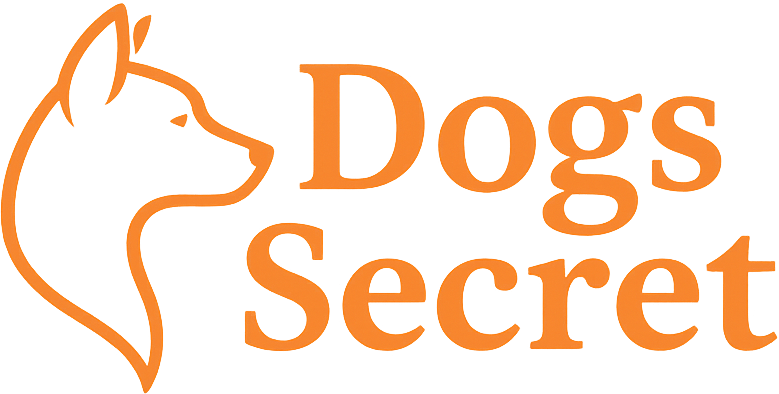What vaccines does your dog need to stay healthy and protected? Vaccinations are one of the most important things you can do to support your dog’s long-term health. But with so many options—core, non-core, annual boosters—it’s easy to feel overwhelmed. This guide breaks it down simply so you can make informed decisions with your vet.
Which vaccines are truly essential, and how often does your dog need them?
In this vet-approved guide, we break down the vaccines your dog really needs based on age, lifestyle, and regional risks, so you can make informed decisions and keep your dog protected for life.
Why Vaccines Matter for Dogs
Vaccines help your dog’s immune system recognize and fight off dangerous viruses and bacteria—some of which can be fatal or contagious to humans (zoonotic).
Benefits of vaccination include:
- Protection against life-threatening diseases
- Prevention of outbreaks in dog parks, kennels, and daycare
- Compliance with local laws and travel requirements
- Lower long-term veterinary costs
Core Vaccines Every Dog Needs
These are recommended for all dogs, regardless of breed, lifestyle, or location.
1. Rabies (Required by law in most countries)
- Why: Fatal to dogs and transmissible to humans
- Schedule: First shot at 12–16 weeks, then booster 1 year later, followed by every 1–3 years (depends on country and vaccine type)
- Required for: Boarding, travel, dog licenses
2. DA2PP (also known as DHPP or DAPP)
A combination vaccine that protects against:
- Distemper – affects respiratory, GI, and nervous system
- Adenovirus (Hepatitis) – causes liver damage
- Parvovirus – highly contagious, deadly GI virus
- Parainfluenza – respiratory virus, often part of kennel cough
- Schedule:
- Puppies: Start at 6–8 weeks, then every 3–4 weeks until 16 weeks
- Adult dogs: Booster 1 year later, then every 1–3 years
- Why: Prevents severe, often fatal diseases—especially important for puppies
Non-Core (Optional) Vaccines Based on Lifestyle
These vaccines are not required for every dog, but may be recommended based on risk factors like location, travel, or social exposure.
1. Bordetella (Kennel Cough)
- Why: Highly contagious cough spread in kennels, dog parks, grooming salons
- Schedule: Annual, or every 6 months for high-risk dogs
- Form: Oral, intranasal, or injectable
- Recommended for: Dogs who are boarded, groomed, attend daycare, or socialize with other dogs
2. Leptospirosis
- Why: Highly contagious cough spread in kennels, dog parks, grooming salons
- Schedule: Annual, or every 6 months for high-risk dogs
- Form: Oral, intranasal, or injectable
- Recommended for: Dogs who are boarded, groomed, attend daycare, or socialize with other dogs
3. Lyme Disease (Borrelia)
- Why: Transmitted by ticks; can cause joint pain, fever, and kidney disease
- Schedule: Initial 2-shot series, then yearly
- Recommended for: Dogs in tick-heavy areas (Northeast USA, parts of Europe, forests, farms)
4. Canine Influenza (Dog Flu)
- Why: Highly contagious respiratory infection
- Schedule: 2 initial doses, then annually
- Recommended for: Dogs in group settings or areas with flu outbreaks
Puppy Vaccination Schedule (Core + Optional)
Age | Vaccines |
|---|---|
6–8 weeks | DA2PP (1st dose) |
10–12 weeks | DA2PP (2nd dose), Bordetella, Leptospirosis (1st dose) |
14–16 weeks | DA2PP (3rd dose), Rabies, Lepto (2nd dose), Lyme (optional) |
1 year | Boosters for all initial vaccines |
After 1 year | Rabies and DA2PP every 1–3 years, lifestyle vaccines yearly |
Common Myths About Dog Vaccines
- “My indoor dog doesn’t need vaccines”
→ Even indoor dogs can be exposed via shoes, other pets, insects, or during travel. - “Vaccines are dangerous”
→ Mild side effects (sleepiness, soreness) are normal; severe reactions are extremely rare and treatable. - “One shot lasts a lifetime”
→ Some immunity wanes over time—boosters are necessary to stay protected.
Tips for Staying on Schedule
- Ask your vet for a custom vaccine plan based on your dog’s age and exposure
- Use a pet health app or calendar reminders
- Keep printed records for travel, daycare, and emergencies
- Never skip core vaccines—your dog’s life could depend on it
Conclusion
Final Thoughts on What Vaccines Your Dog Really Needs
Vaccines aren’t just routine—they’re life-saving protection. Knowing which ones your dog needs and when to give them is one of the best ways to ensure a long, healthy, and happy life.
Want a printable vaccination schedule by age? Visit our Dog Health Records Center for free charts and tracking templates.

